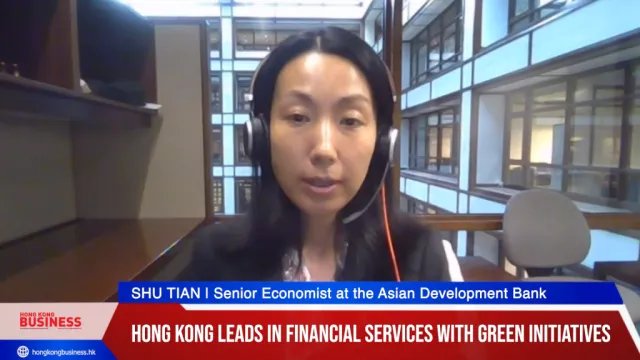
Family businesses thrive less in Hong Kong than elsewhere
Only 48% of Hong Kong family businesses have grown sales last year against global average of 65%.
Two thirds of family firms around the world have grown their sales in the past year, and even more are confident that their ambitious growth targets for the next five years will be met. Recruitment of skilled staff and the perennial problem of planning for succession are two of the key challenges facing family businesses.
These are just some of the findings of the PwC Family Business Survey 2012, which surveyed 1952 family business executives in more than 30 countries worldwide, including Hong Kong and Singapore.
Family businesses are thriving globally, with 65% having grown sales in the past year, compared to less than half in 2010 when PwC last conducted the survey. This sales growth has been particularly strong in Eastern Europe, Latin America and the Middle East. Only 19% saw a reduction in sales over the last
year, compared to 34% two years ago. Family firms are very ambitious for the future, with 81% anticipating steady or quick and aggressive growth in the next five years.
Of those who aim to grow, 93% are ‘confident’ about their company’s growth prospects In Hong Kong, family businesses have performed reasonably well over the last year, although a lower proportion have experienced growth than in some markets. Only 48% have grown sales in the last 12 months. But family businesses in Hong Kong are confident in predicting steady growth in future with 76% are aiming to grow over the next five years.
The benefits of listing – a Hong Kong perspective
According to the survey findings, many more family businesses are listed in Asia, in comparison with firms of a comparable size elsewhere in the world.
“Many family businesses in Hong Kong are very successful, however, some of them lack a professional management structure and good corporate governance standards,” says Richard Sun, Head of Entrepreneurial Group, PwC Hong Kong and China South, “Lack of good corporate governance can easily give rise to internal conflicts. Turning family business into a listed company can help deal with this challenge by rising governance and management standards as a result of the listing process.”
“During the listing process, family businesses obtain additional capital for business development, helping to ensure a proper structure between shareholders, the management, and the business, making each of these roles clearer. Depending on their interests, family business members can choose to become part of the management board, and take care of daily operations of the business. Or they could simply become shareholders,” added Richard Sun.
Challenges
One of the biggest challenges facing family-owned businesses is the recruitment of skilled staff, cited by 43% this year compared to 38% in 2010. Nearly 60% say attracting the right skills/talent will be a key challenge over the next five years, and nearly half say they will struggle to retain key staff in the
same time period.
Staff recruitment and the unstable market conditions are the biggest issues facing Hong Kong family businesses in the next 12 months, with 46% of family businesses see staff recruitment as the key internal issue. Sixty-four percent of the businesses feel market conditions as the most pressing external issue in the next year.
Challenges around succession continue to be front-of-mind, often further compounded by family conflict/politics, and the need to attract and motivate non-family staff. For example, the survey revealed that only half the family businesses have a shareholders’ agreement in place, and 21% have no
procedures in place to deal with conflict. Over half (56%) of family businesses in Hong Kong do not have procedures in place to deal with family member issues or conflict. “Family businesses should have a proper plan for their succession. One way to do it is to nurture their family’s next generation to become professionals to run their business,” said Kitty Chung, PwC.
Assurance and Business Advisory Services Partner. “Professional external advice can help to establish a more robust structure to the management of a business. Family members given professional support can work towards common goals and as a result minimise the chance of running into family conflicts.”



















 Advertise
Advertise






